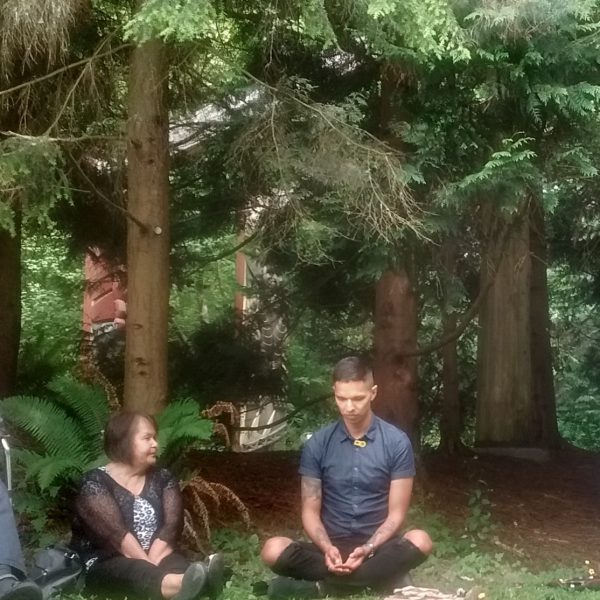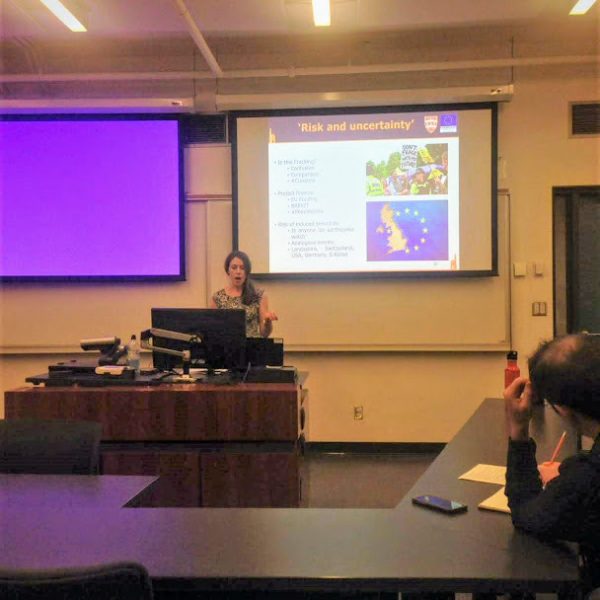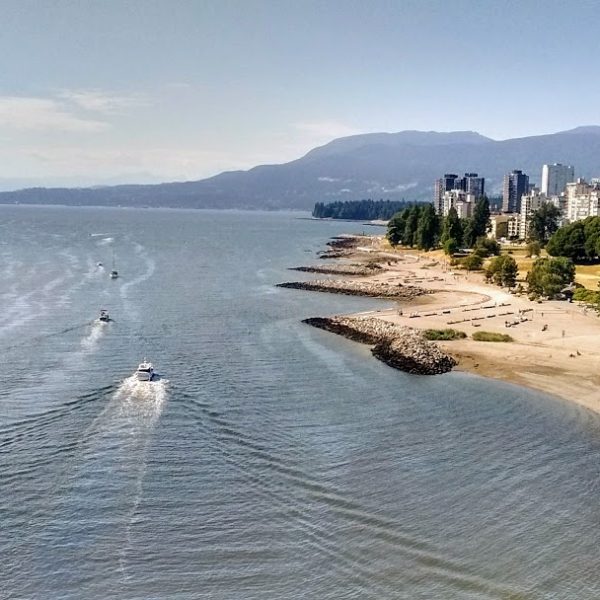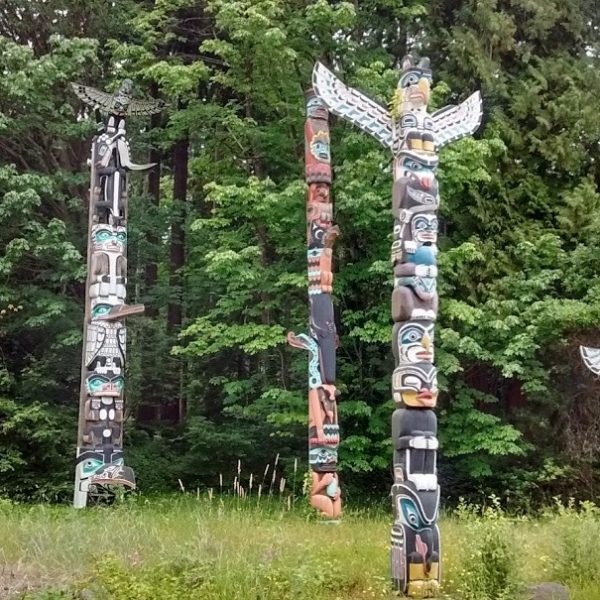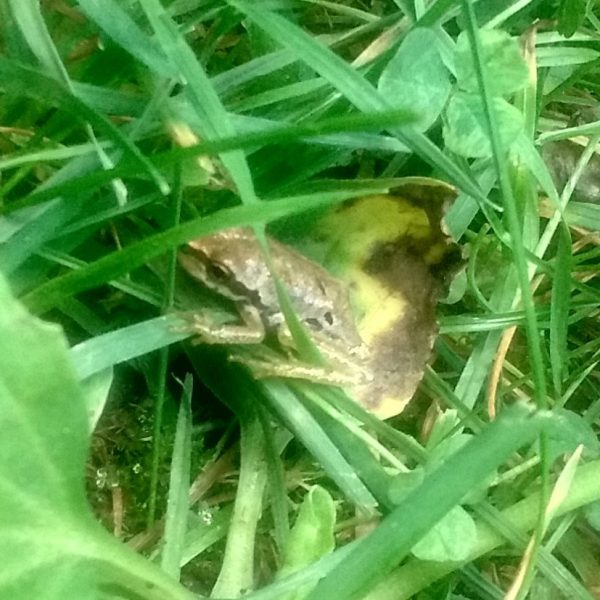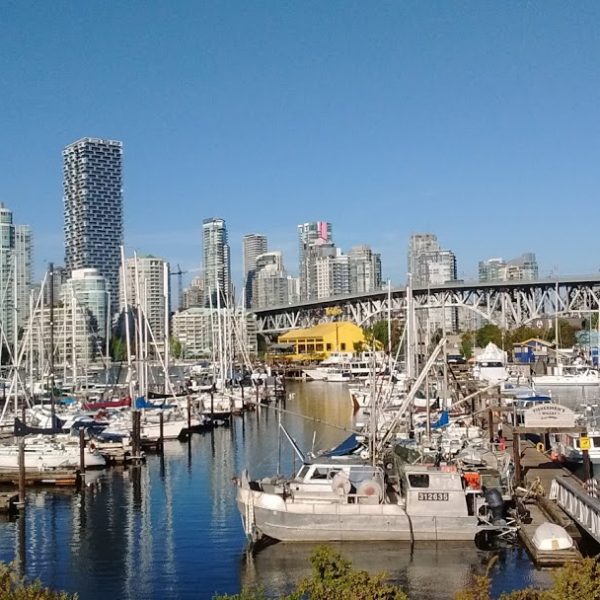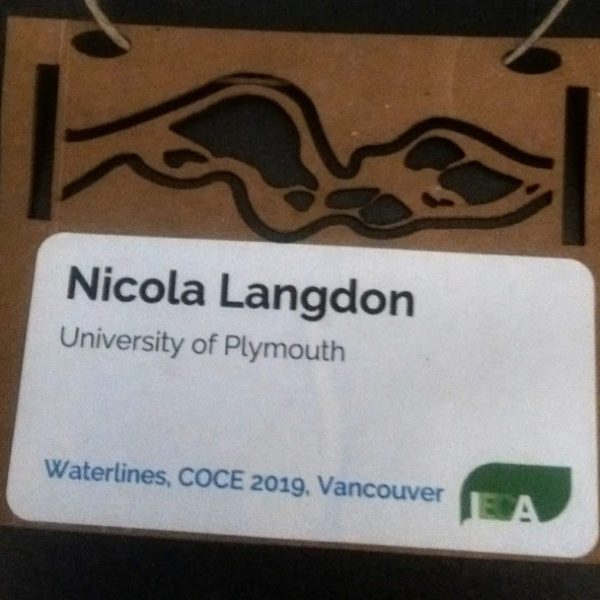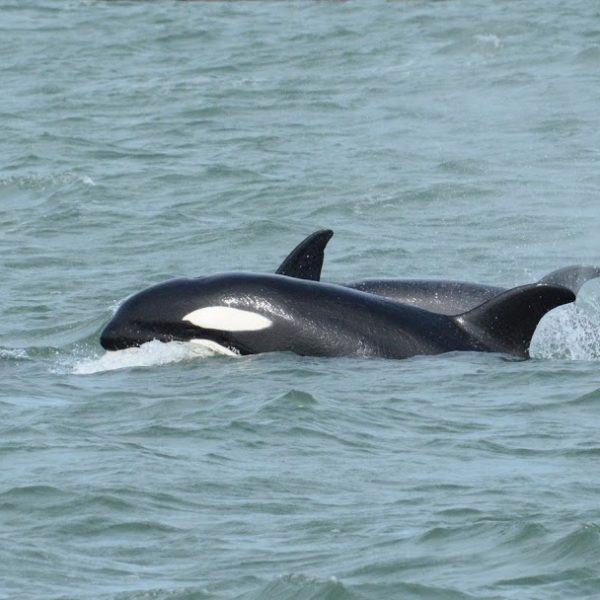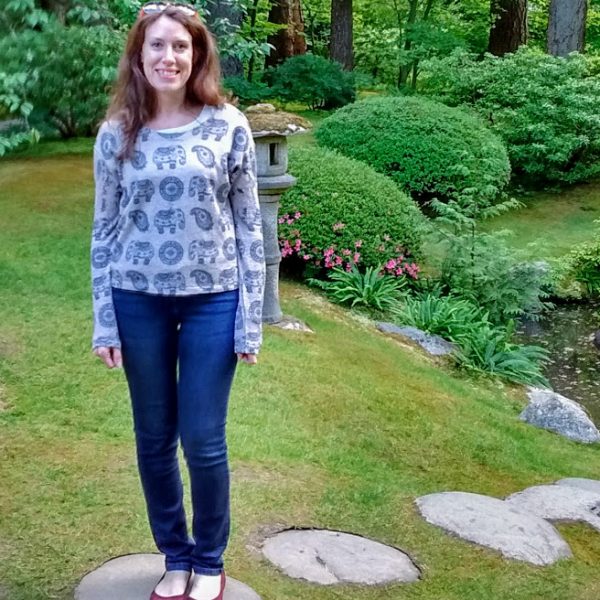Back in June, Dr Nicola Langdon and Professor Alison Anderson were fortunate to attend the International Environmental Communication Association (IECA) 15th biennial Conference on Communication and Environment (COCE 2019). This is the eminent conference on communication and environmental research, and it takes place every other year. This year the conference took place during the week of the 17th– 21st June 2019, at the incredibly impressive campus at the University of British Columbia (UBC) in Vancouver, Canada. The conference brought together over 300 scholars from around 25 countries – all with one thing in common – an interest in communicating about the environment! The theme of the conference for 2019 was ‘Waterlines: Confluence and Hope through Environmental Communication’.
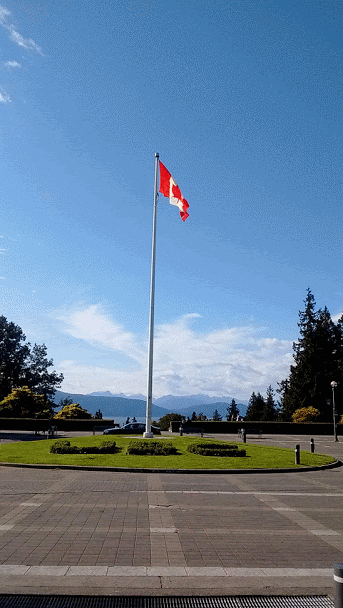
The UBC campus is vast and situated in the beautiful Pacific Spirit Regional Park area at the Western tip of Vancouver. The campus is sited on the traditional territory of the Musqueam people and is surrounded by forest on three sides and ocean on the fourth. The week began with many pre-conference workshop events, such as the COCE postgraduate conference, which Alison chaired, providing feedback to doctoral and postgraduate students developing their research in this area. Nicola attended a pre-conference workshop hosted by members of the Urban Indigenous Peoples Advisory Committee of the Vancouver City Council, learning more about the distinct heritage of the region in which UBC was sited, and the significance of the reconciliation projects undertaken to renew the relationship with indigenous communities. The event was hosted in a quiet outside spot of the campus, and squirrels, eagles and even a frog joined us!
Attending academic conferences is hugely beneficial. It allows researchers to discuss their approach, methods and findings with others, to gain advice and constructive feedback and enhance the rigour and reliability of their research. This is especially useful when considering academic publishing of the research, which is a very competitive process. Gaining early feedback from fellow researchers from across the world who are working in similar areas, or using similar methodologies can be invaluable. Nicola and Alison presented their findings from their current study of the framing of the United Downs project on Twitter at the start of the drilling period. The presentation contributed to the ‘Mediating Technologies’ panel session, which also included scholars from Brighton (UK), Copenhagen (Denmark), New Mexico and Illinois (USA). An interesting part of the session Q and A was how we all used similar approaches to examine diverse environmental issues, from deep geothermal power to the genetic engineering of salmon!
In addition to presenting their research findings, Nicola and Alison were able to attend many of the other panel sessions that were taking place across the week, including on communicating hydrofracking, community conflict around mining, and climate change communication. This provided a useful opportunity to speak with other scholars from around the world and learn about new developments in the environmental communication field. As Alison was also a member of the organising committee for the conference, she was involved in chairing some of the panel sessions and taking part in a roundtable event on the ‘Effects of social media polarisation on public opinion, knowledge and engagement with environmental issues’, which was so popular there was standing room only!
As well as taking part in the formal scheduled sessions, the conference had some social events, which provided a more informal space to network with other scholars. This included a conference dinner with musicians singing about environmental issues and an open mic! There was also some time to explore the beautiful UBC campus, which houses the Museum of Anthropology, the Museum of Biodiversity, and both botanical and Japanese gardens, and to take walks through the Pacific Spirit Regional Park to the beach.
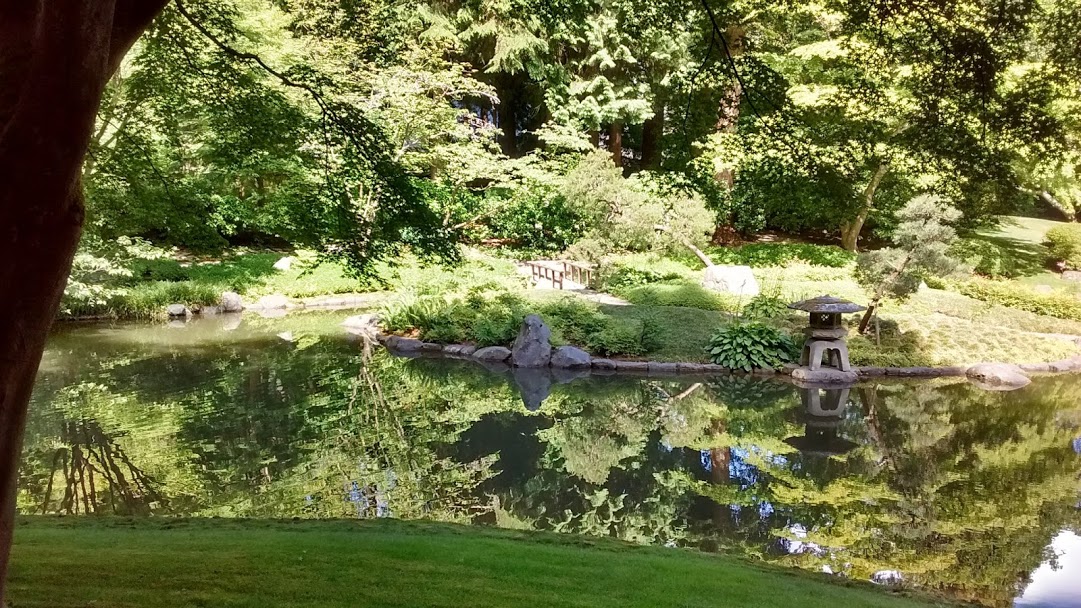
Overall, the IECA COCE 2019 conference was a fantastic and thought-provoking event. The emphasis on environmental impact fed into the entire ethos of the conference, with vegan/vegetarian catering, Skype facilities for those who did not wish to travel to Vancouver, and even recyclable delegate lanyards, each hand-made and stamped with representations of water, to fit with the conference theme. Thank you COCE 2019 and we cannot wait until COCE 2021!
For more information on the conference, search #COCE2019 on Twitter, or you can read our conference abstract online:
Media Framing of Deep Geothermal Energy: The Case of the UK

The United Downs Deep Geothermal Power Project is a partnership of organisations exploring if geothermal power is a viable energy resource for the UK. It is part-funded by the European Regional Development Fund and Cornwall Council.

